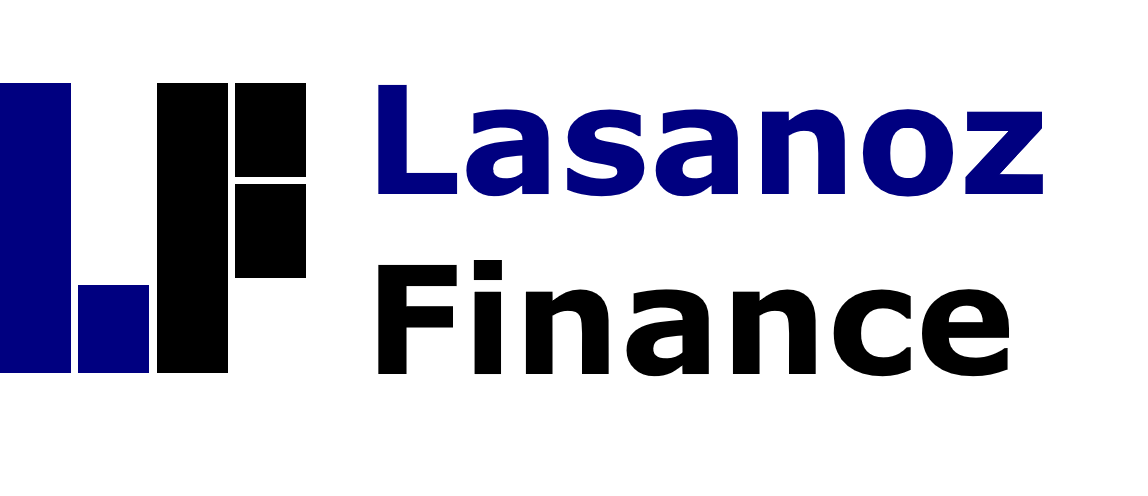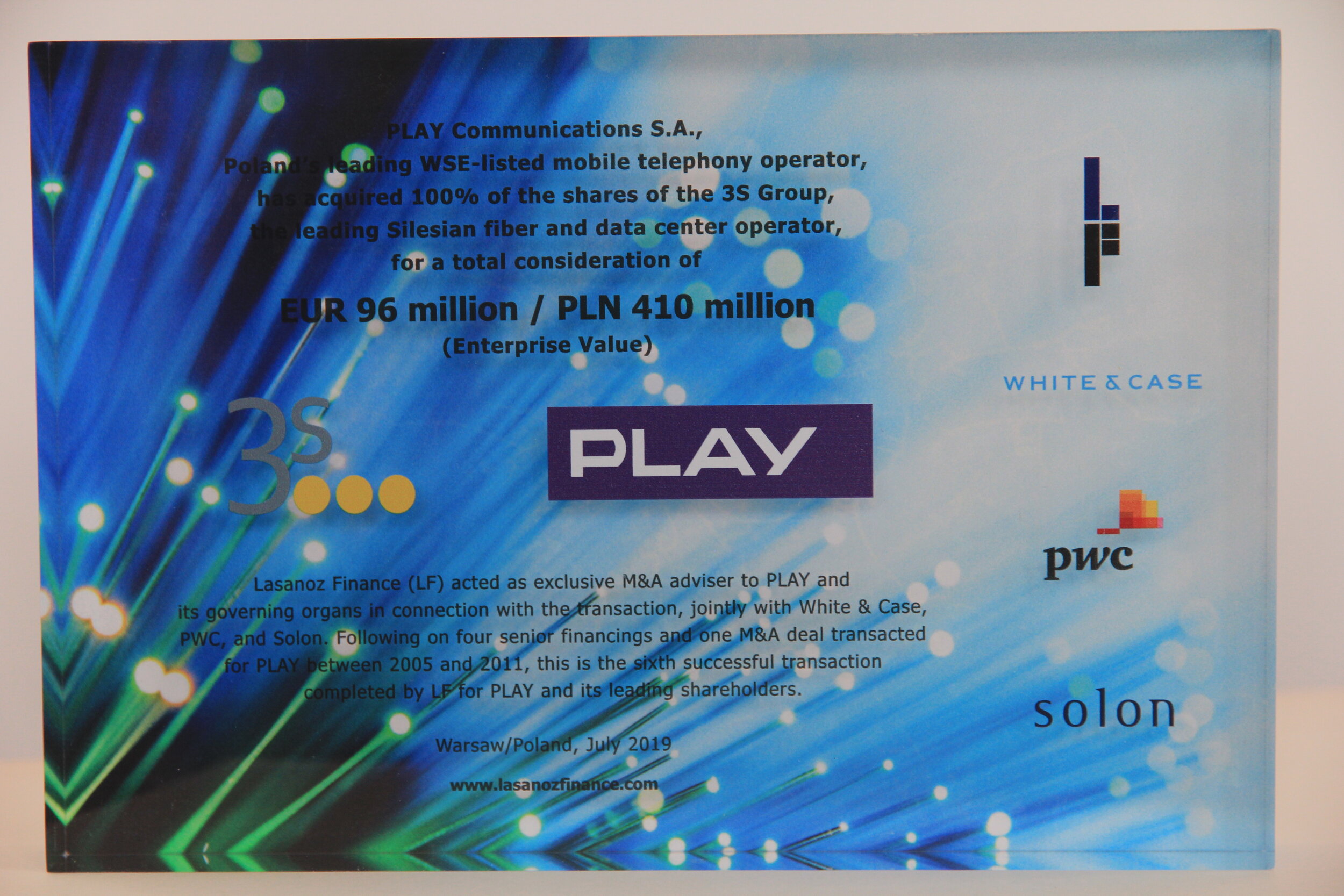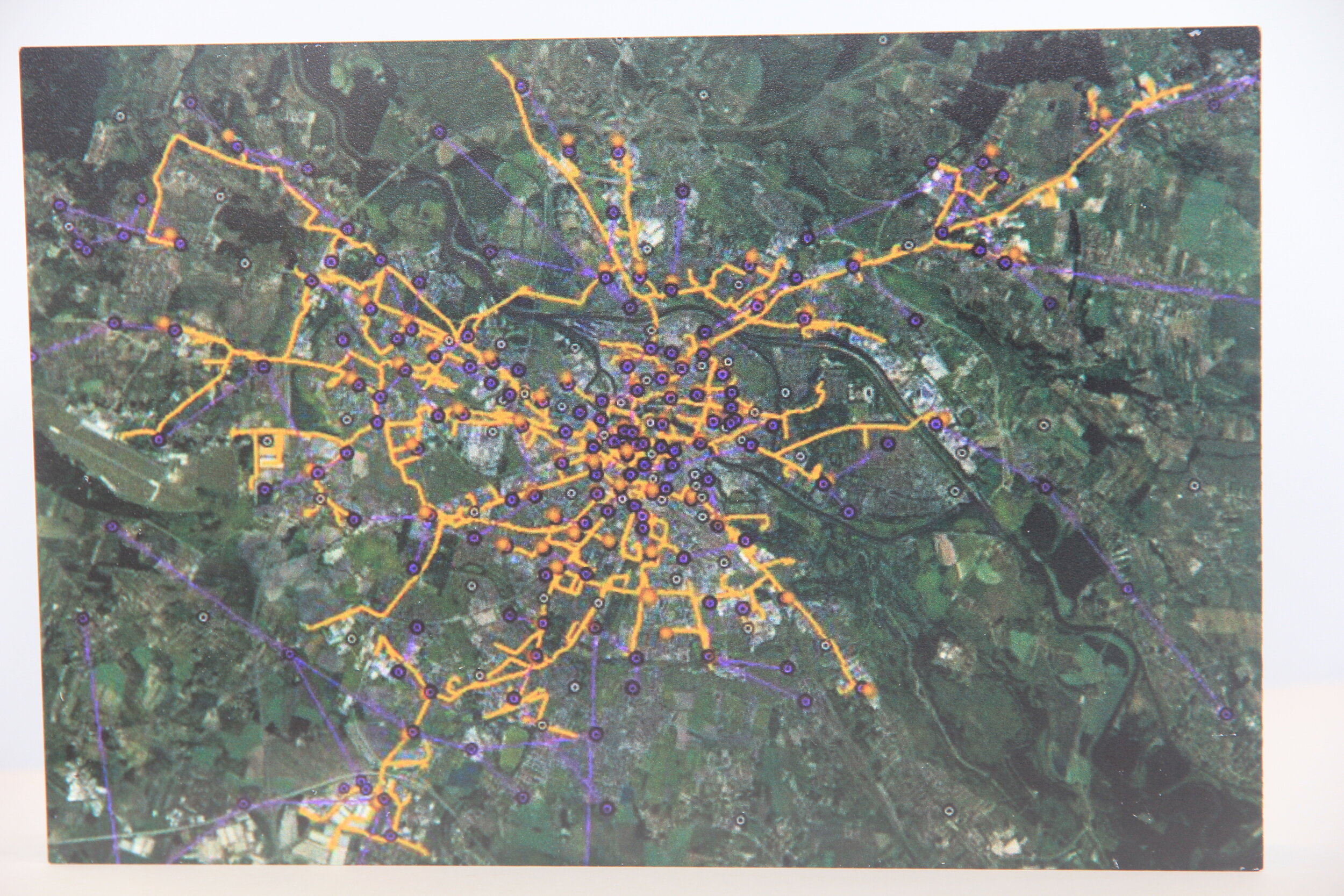““LF was an invaluable support in this highly competitive process. Working hand-in-hand we were able to identify the true value of the contemplated deal for PLAY in the light of expected shift to 5G and execute the transaction swiftly.””
Even before the pandemic of 2020, the trend to cloud computing was accelerating – Amazon allegedly makes more money in its Web Services Division than in its core ecommerce business. Developments in Poland lagged the US, but not by much.
Thus 2019 saw two major M&A deals come to market in this space: WSE-listed ATM with some 13% market share in the datacenter segment in Poland, and PE-owned and Silesia-based 3S, combining a more modest 2% datacenter market share with a significant fiberoptic cable footprint, including metro fiber in many Polish agglomerations.
When PLAY called us to enlist our assistance on the buy-side in these competitive processes, it was a welcome return to a company we had proudly co-built and advised for the better part of a decade, from 2005 through 2011 (see Polish Mobile Job).
With the imminent launch of 5G and the inexorable increase of user-driven mobile data consumption implied by that new technology, the EV/EBITDA for fiber networks had risen into respectable double-digit territory, and as such were not far behind the ‘sexy’ cloud computing multiples, which hovered around 15x EV/EBITDA at the time.
With 30 entities entering the race, including many infrastructure funds with low cost of capital, strong leverage capabilities, and a need to deploy another ‘wall of money’, it was evident that a transaction would not be available at a bargain price.
We sat down with the excellent PLAY teams from technology, business development/strategy, and finance to look at the landscape, glimpse into the crystal ball to triangulate future mobile data consumption per subscriber, and associated data traffic and backhaul requirements. Together, we looked at available radio and fiber infrastructure, owned, leased, internal, outsourced, leased lines, competitive tensions and consolidation trends in that subsector, and western trends; sought to gauge supply reliability, identify future price paths, including for substitutes, assess in-house capabilities and the future of outsourced supply.
We were not going to advise our client and its capital-conscious lead shareholders (Novator and Tollerton, also long-time clients of the firm) to contemplate an acquisition at twice the market multiple of PLAY, unless there were compelling strategic, technological and value-creation reasons to do so. Understanding the options we faced, running the numbers on these options, calculating cost synergies bottom-up, mobile tower by mobile tower and city by city, and gaining comfort on the deliverability of these synergies, were key tasks. This was not just about winning a competitive auction; it was about analyzing in detail and assuring ourselves, the key departments and managers involved, the senior management team, the board, the outside non-execs, and the representatives of the lead shareholders, and – last but not least – the public markets that this was a good, necessary and profitable deal for PLAY.
Once we done our joint home work and accomplished that, creating consensus and a ‘coalition of the willing’, we executed like Swiss clockwork, working hand-in-hand with our excellent co-advisers, W&C (legal), Solon (commercial DD), and PWC (tax and financial DD):
Convincing the sell-side bankers that we were serious and committed to the deal despite the valuation handicap? Check!
Convincing the Seller (leading Polish PE fund Enterprise Investors)? Check!
Getting onto the shortlist? Check!
Obtaining exclusivity? Check!
Get to signing 10 days later? Check!
How many bidders started? 30
How many won? 1.
Who? Our client.
Any questions?
PS: The market took the deal very well, as can be judged both from the many broker comments and from the stable share-price development post-announcement. Please see attached presentation with short description of the transaction.
PPS: The integration has been very well executed by PLAY and 3S. And the deal comes into its own now that ILIAD of France has decided to take over the company; its focus on convergence and fixed broadband alongside mobile will increase the need for good in-house fiber network and fiber-building capabilities, thus underpinning the good exit for PLAY’s large and small shareholders through the tender offer announced on September 21, 2020.
““After the successful transaction, 3S became an integral part of Play’s strategy and operations – becoming the most efficient fibre factory to pave the way for transition to 5G and delivering advanced datacentre and ICT solutions to our B2B clients.””



